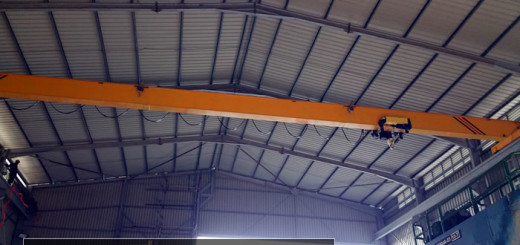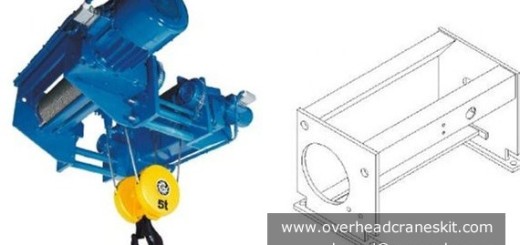Overhead Crane Wiki: What Is a Crane Operator?
Crane operators are most visible at demolition and construction sites, though many find employment in a variety of related industries. In addition to being in good physical condition, the ability to multitask is key in operating a crane, as an operator must be able to maneuver several controls simultaneously while accurately judging spaces.
Job Description
-
Crane operators, otherwise known as operating engineers, are knowledgeable about different types of machinery and construction techniques. Although there are several kinds of cranes, each one has a nook for the operator to sit in, as well as a long arm to which wire ropes, hooks and other materials are connected. Crane operators position themselves in the cabs of the machines, which might be located above the ground or in a remote control center at the construction site. Using pedals, levers, dials and switches, an operator employs the crane in hauling up concrete or steel, digging out dirt or demolishing walls with a wrecking ball.
Work Environment
-
The majority of crane operators work in manufacturing, transportation and shipping industries, though some find employment in the logging and mining industries. Their hours tend to be more regular during the summer months as opposed to the winter, but crane operators are expected to work in both cold and warm conditions. Due to the intense nature of the work, physical stamina is an integral part of the profession, as it is not unheard of for an operator to assist in assembling the crane. Furthermore, crane operators must be able to sit in the same position, often for hours on end.
Education/Training
-
Most crane operators learn the trade through apprenticeship programs sponsored by the Associated General Contractors of America and the International Union of Operating Engineers. These programs entail three years of on-the-job training in conjunction with 144 hours of classroom education each year. Such training emphasizes ground communication, typically involving hand signals or two-way radio. Above all, crane operators become well-versed in safety protocol. To be eligible for an apprenticeship program, an applicant must be at least 18 years of age, possess a high school diploma or equivalent, be in superb physical condition and be an overall team player. Some states require crane operators to be licensed, though licensing protocol varies by state.
Average Salary
-
The average salary of a crane operator in the United States is $41,000, though this number varies according to location, experience, company and industry. The average hourly wage is $17.99 per hour. Union workers tend to earn more than non-union operators.
Job Outlook
-
Employment opportunities for crane operators are projected to decline by about 1 percent over the course of the 2006 to 2016 decade. This will be due to advancements in equipment that eliminate the need for human operators while enhancing productivity. However, job prospects will largely depend on the employing industries and their preferred type of equipment or materials they deal with. Construction is subject to prevailing economic conditions, which will prove the primary reason behind fluctuating job openings for crane operators.




